Bethel University remains the only university in the MIAC without a COVID-19 vaccine mandate, stirring controversy on campus.
By Molly Wilson and Rachel Blood

Caroline Reding sat in her chemistry class fall semester, mask securely tugged over her nose, and glanced around.
Masks rested below noses. Some hung at chin level. Some students wore no masks at all.
In a setting where school policy dictated a mask mandate within the classroom, Reding became frustrated, but also curious as to where Bethel University stood on the COVID-19 vaccine in comparison to other universities in the MIAC. She pulled up a few tabs and looked at the vaccine requirements of every school in the MIAC.
Carleton. Mandated. Gustavus. Mandated. St. Olaf. Mandated.
Every MIAC school except Bethel. Mandated.
To Reding, a sophomore biology student with rheumatoid arthritis, the lack of masks was a direct threat to her health.
Rheumatoid arthritis is an autoimmune disease a person can be born with. Autoimmune diseases cause the immune system to attack its own cells, putting students like Reding at risk. Reding has to take medication that essentially “turns off” her immune system in order to prevent it from attacking itself, making her highly susceptible to illness contraction.
While all MIAC schools saw an increase in cases of the Omicron variant in January, most did not move classes online, though Macalester College, College of St. Benedict’s/St. John’s University and College of St. Scholastica preemptively moved the first two weeks of spring semester classes online for a “quiet period” to prevent a spike after students returning from winter breaks. At least six schools in the conference saw 3.1-4.8% of the student body contract COVID-19 while Bethel’s infection rate stood at 5.1% (Figure 2).
Six of these schools still have some form of a mask mandate. Nine have requirements for booster shots if eligible. Bethel dropped all mandates Mar. 4 (Figure 1). That same week, St. Olaf College increased its mask mandates, citing an increase in county and university case numbers as the motivation. Rice County, where St. Olaf is located, and the university itself were seeing an increase in cases, while Bethel and Ramsey county’s cases were dropping and leveling off.
Bethel is the only school in the MIAC that is a part of the Council for Christian Colleges and Universities, a higher education association of over 150 schools. Other Minnesota schools in the CCCU, including University of Northwestern and Bethany Lutheran College, do not require COVID-19 vaccines or masks.
Upon discovering that Bethel was the only MIAC school not requiring a COVID-19 vaccine, Reding was shocked, but she was not willing to sit around and wait for action. She was going to get answers herself.
Alongside United Cultures of Bethel Executive Director and senior nursing student Bridger Foster, Reding set up a meeting with COVID Response Team leader Kristi Moline.

–
Moline, Executive Director of the Center for Healthcare Excellence and Corporate Partnerships, graduated from Minnesota State University Moorhead with a degree in community health and a minor in biology. She leads a team of 11 other internal stakeholders – the COVID Response Team – with the goal of providing “a balance of delivering the academic and community experience our students expect while taking reasonable steps to mitigate the spread of COVID on campus” (Figure 3). According to Chief Institutional Data and Research Officer Dan Nelson, the team has met daily for almost two years to review health-related data and implement public health guidance.
Moline, who declined an in-person interview and answered certain questions via email, did not respond to questions regarding her own vaccination status or the clinical experience of members on the COVID Response team.
“In order to provide you with the most accurate information and to ensure that I am effective and clear in my responses, I am only available via email for an interview at this time,” she said.
Comparing the COVID response teams at Bethel and four other MIAC schools – Augsburg, Carleton, Macalester and St. Mary’s – teams range from six to 35 members, making Bethel the median at 12. Some of the most common departments represented on the teams are Cabinet Members, Health Services, Strategy, Enrollment and departments dealing with student life and experience.
Augsburg’s 35-member response team and St. Mary’s 18-person team each have a student representative. Six of Augsburg’s 35 members are from Academic Affairs. Three of the five schools listed – Augsburg, Bethel and St. Mary’s – have Information Technology members whose job is to collect data. No department at Bethel is represented more than once. None of the members on Bethel’s COVID team are from the President’s Cabinet. They do, however, recommend decisions to the cabinet regularly.

–
In October, Reding and Foster met with Moline to discuss Bethel’s COVID-19 protocols.
As Reding recalls five months later, she expressed to Moline that she did not feel safe, valued, loved or protected at Bethel, but that Moline’s responses felt “combative.”
“Essentially, she was reiterating that it was more important to her to respect the wishes of others who are too ignorant or lazy to get vaccinated, rather than protect those of us like me who are at a genuine risk,” Reding said. She left the meeting on the brink of tears, Foster visibly shaking at her side.
Moline emailed Reding the following day apologizing. She wrote, “I realize I spent more time trying to correct all the misstated facts I was hearing than I did listening. For that, I am truly sorry. Your concerns for personal safety are very important to me and my response yesterday did not demonstrate that.” Moline proposed a one-on-one meeting with Reding over Zoom, which Reding denied.
Following the meeting, Reding had considered transferring.
“I don’t want to be pouring a ton of money into a school to get my education if my health and safety isn’t a high priority to them,” she said.
But after thinking more, she came to a different conclusion: She needed to channel her anger into action. Instead of giving up, she had to put in the effort to make her school a better place.

–
Reding, Foster and Student Senate Executive Director Carolyn Ziebol went a step higher, meeting with Provost Robin Rylaarsdam, Vice President of Diversity, Equity and Inclusion Rahn Franklin and HealthPartner’s Dr. Zeke McKinney over Zoom in January. McKinney had spoken at Voz Latinx’s “Trusted Messengers” event earlier in the school year.
Speaking on the vaccine mandate and voicing concerns, McKinney was able to medically back up Reding and Foster’s claims. Reding finally felt heard. In this meeting, Rylaarsdam apologized for any feelings of isolation or carelessness Reding experienced at Bethel. She left the meeting optimistic.
Foster and Ziebol were not as impressed, saying they were “concerned and frustrated” about Bethel’s COVID-19 team not having any medical experience. Foster said the responses were “vague and unhelpful.”
Rylaarsdam and Franklin met with President Ross Allen Jan. 28, Franklin explaining to Reding via email that the meeting would focus on “ensuring that our leadership team recognized the experiences of those who feel pushed to the margins of our community due to health concerns and masking situations that put them or those they care for at additional risk. This sharing led our team to think more deeply about encouraging each other to live thoughtfully of those around us – aiming to embody our covenant for life together.”
The meeting also confirmed that Moline regularly consults with public health experts through the Minnesota Public Health network, which involves other local colleges and universities. Dr. McKinney’s availability to serve as a consultant was also proposed.

–
Rylaarsdam comes from a science background. She received her Ph.D. in Molecular Biology and genetics from Northwestern University in 1997.
Explaining the makeup of vaccines, Rylaarsdam said most viruses have a unique “spike protein,” the real-life equivalent of the cartoon microbes plastering the media for the last two years. For those proteins to reproduce, they must enter a cell. Whenever the immune system detects a foreign spike protein, white blood cells attack it. The next time that spike protein shows up, the destruction is quicker. Vaccines allow the body to recognize the spike protein without making individuals sick.
All three COVID-19 vaccines – Pfizer, Moderna and Johnson & Johnson – deliver RNA to cells, where they create a version of the spike protein. Pfizer and Moderna deliver the RNA directly while Johnson & Johnson delivers a harmless virus that will produce the RNA. The side effects of the vaccine stem from white blood cells starting the immune response.
“Specifically related to vaccines, we aimed to honor all perspectives and allow individuals and families to make vaccine related decisions in consultation with their personal healthcare provider,” Moline said.
Moline did not comment on the consideration of immunocompromised members of the Bethel Community.
For now, the situation is out of Reding’s hands. She has exhausted her efforts and made peace with not knowing what will happen next.
“Now I’m just in the buffer zone, waiting for something to happen,” she said.

COVID Team — Figure 3
- Kristi Moline, leader, Executive Director of the Center for Healthcare Excellence and Corporate Partnerships
- Zach Hill, Director Risk Management Safety, and Security
- Andrea Hendricks, Associate Director of Conference and Event Services
- Liz Miller, RN/Health Services Director
- Gretchen Hunt, Associate Athletic Director (Compliance)/ Head Volleyball Coach
- Lisa Carlson, Director of Enrollment Technical Services
- Dan Nelson, Chief Institutional Data and Research Officer
- Tim Hammer, Director of Marketing
- Julie Finnern, Associate Provost for the College of Arts & Sciences
- Miranda Powers, Associate Vice President of Student Life
- Alicia Wolbert, COVID-19 Administrative Coordinator
- Maddie Bell, COVID Operations Assistant
*The dates depicted on the above graphs are accurate as of Mar. 27. Any missing information represents weeks during which COVID-19 cases were unreported at a given university. Many universities rely on self-reporting, meaning more cases than reported may exist. Some of the above universities, including Bethel, Carleton and Gustavus, include positive COVID-19 employee cases in the reported numbers. In order to calculate the rate of infection, the total number of COVID-19 cases in a week was divided by the amount of students enrolled.
The masking requirements indicated above pertain only to students and employees. Many universities have different expectations regarding visitors. Until the spring 2022 season, the MIAC required masks be worn at all indoor games. Masking requirements in areas related to health services may differ.


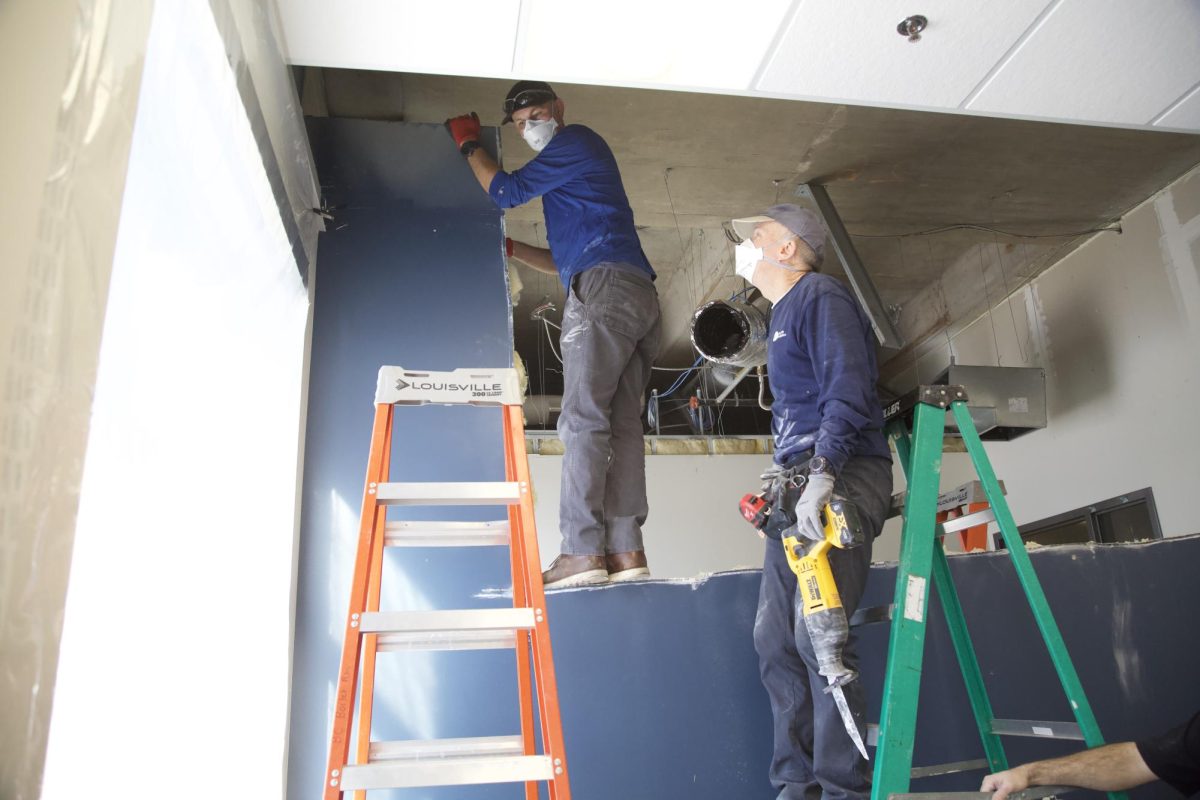
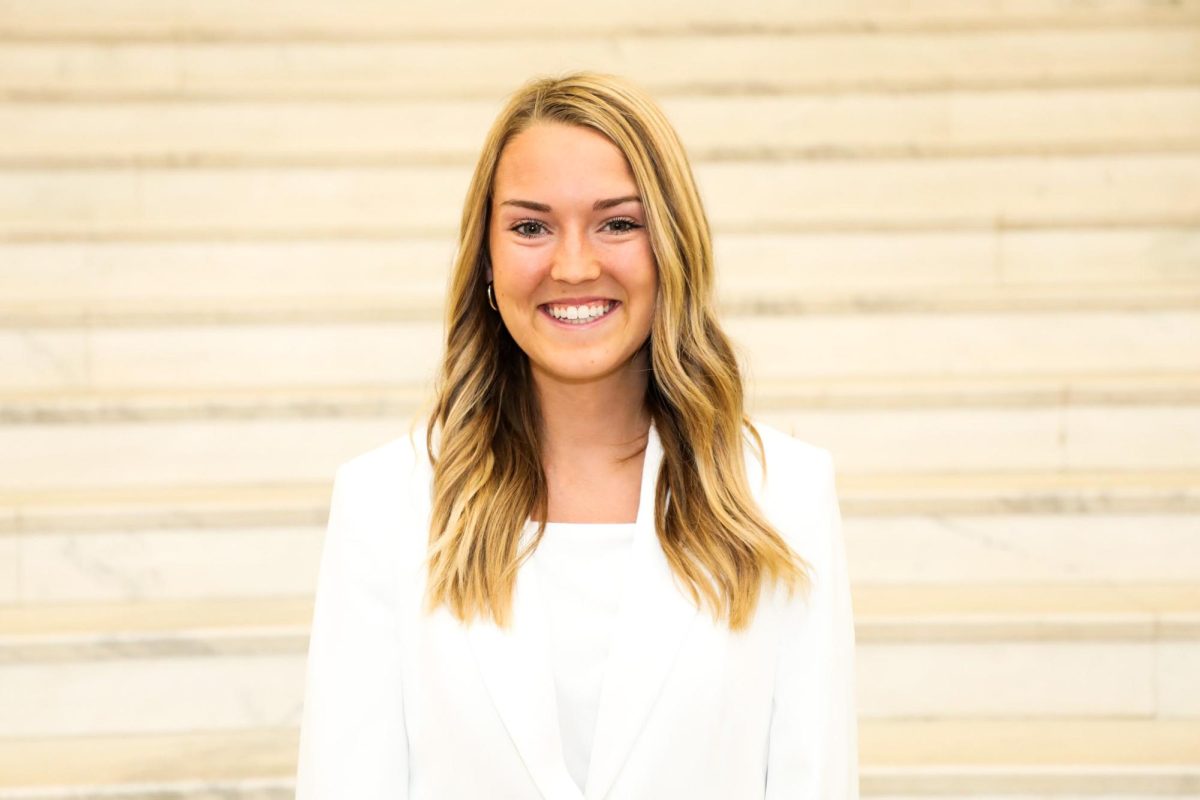

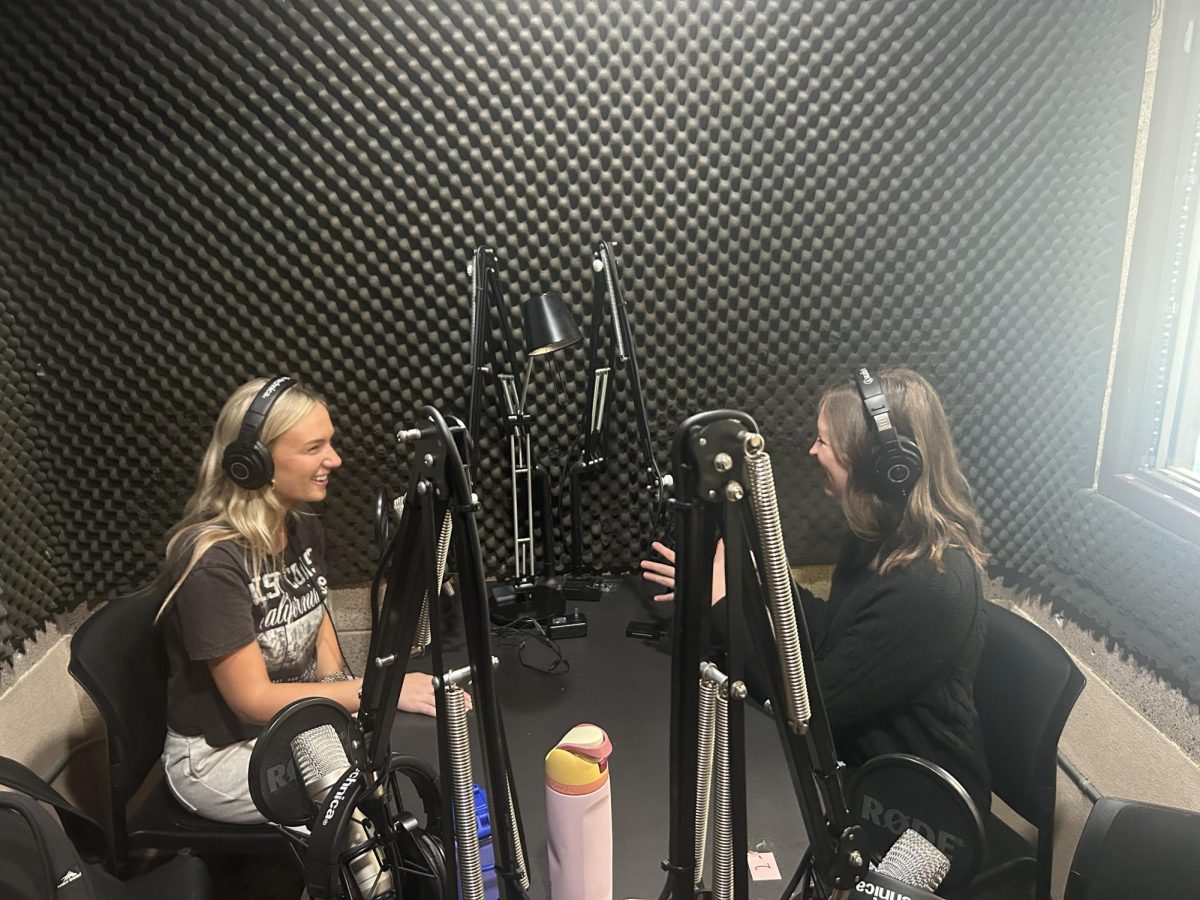

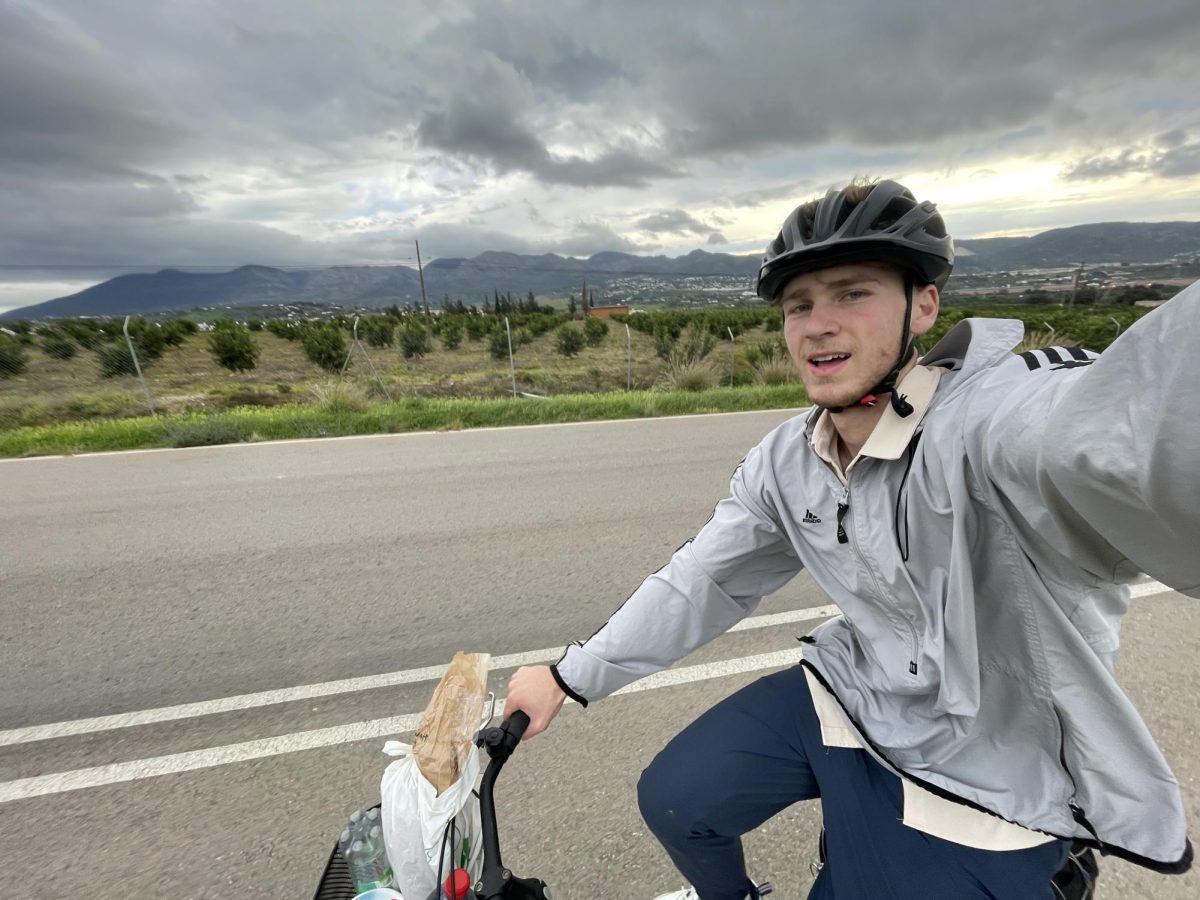
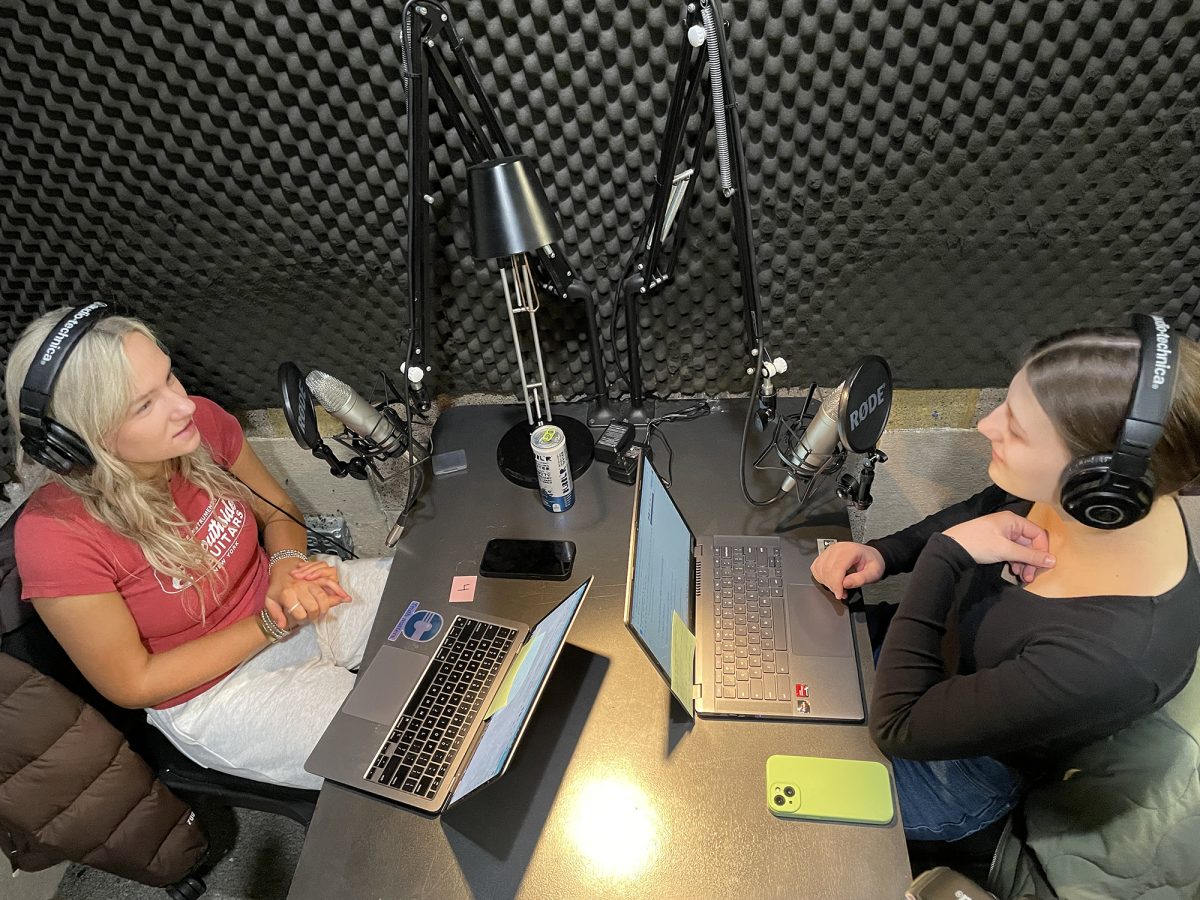
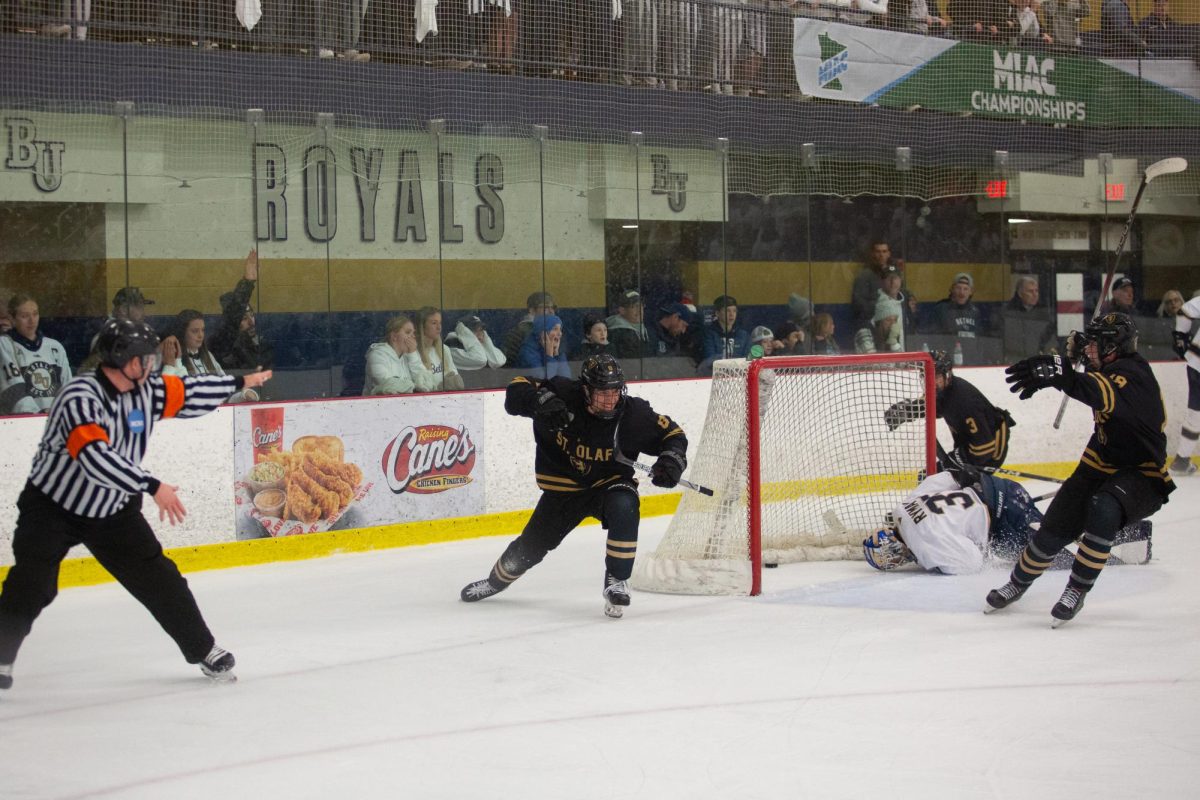
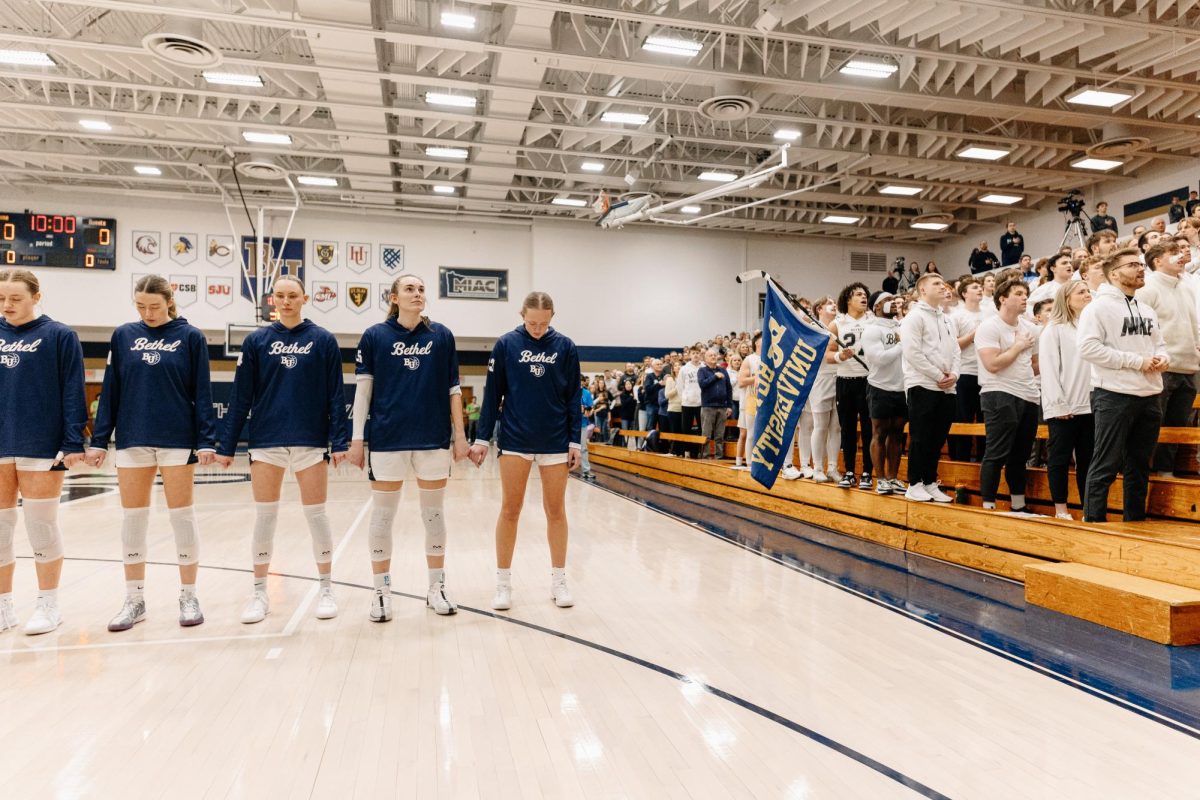
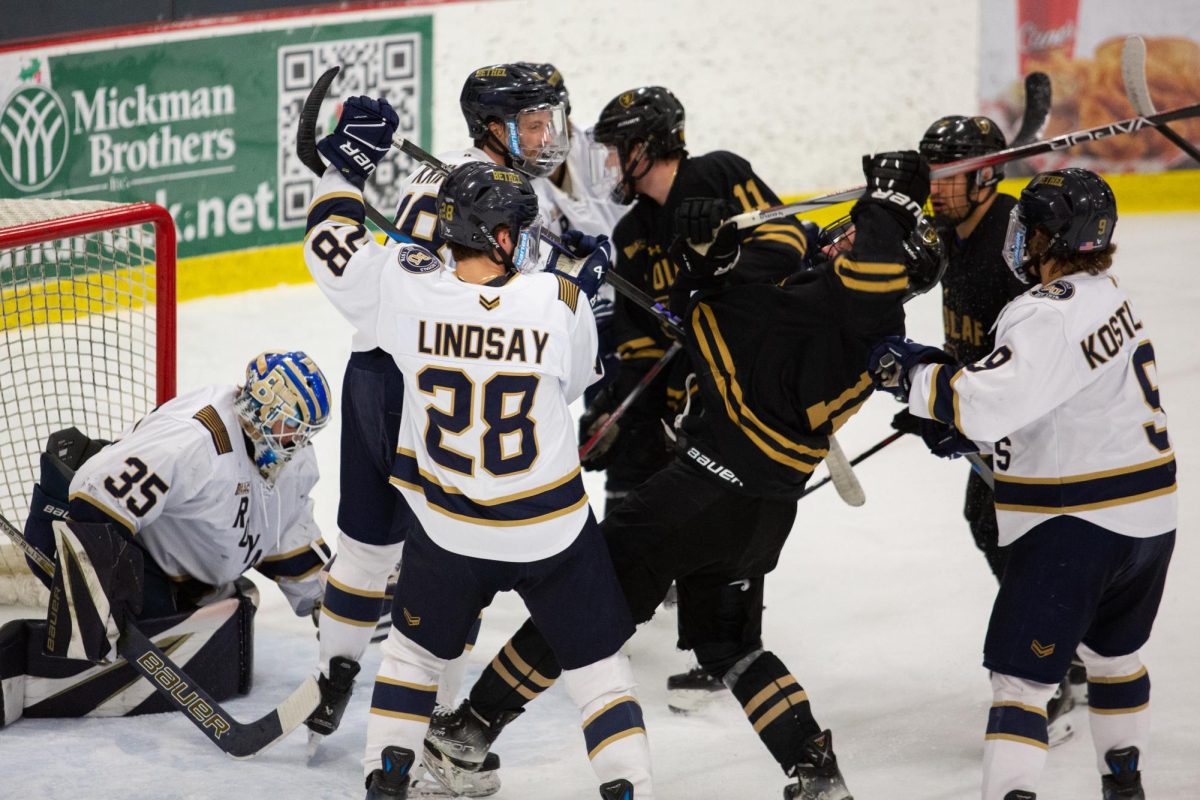
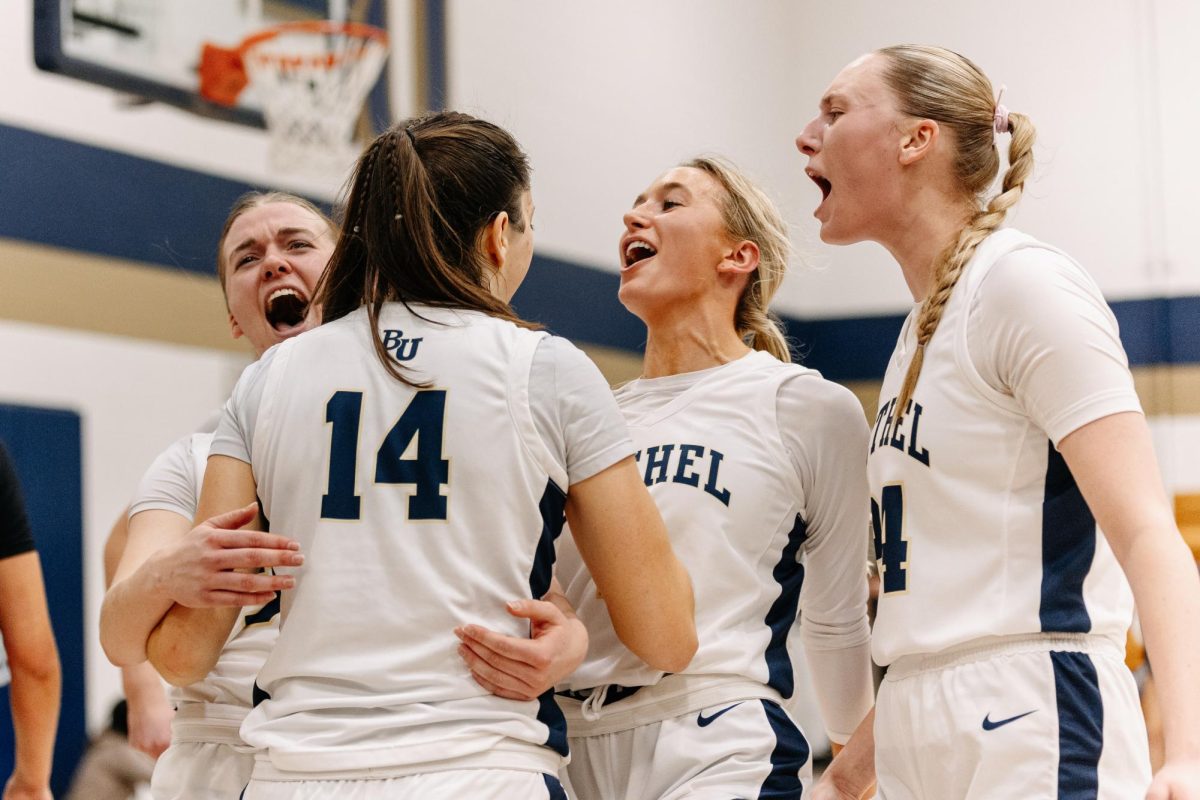
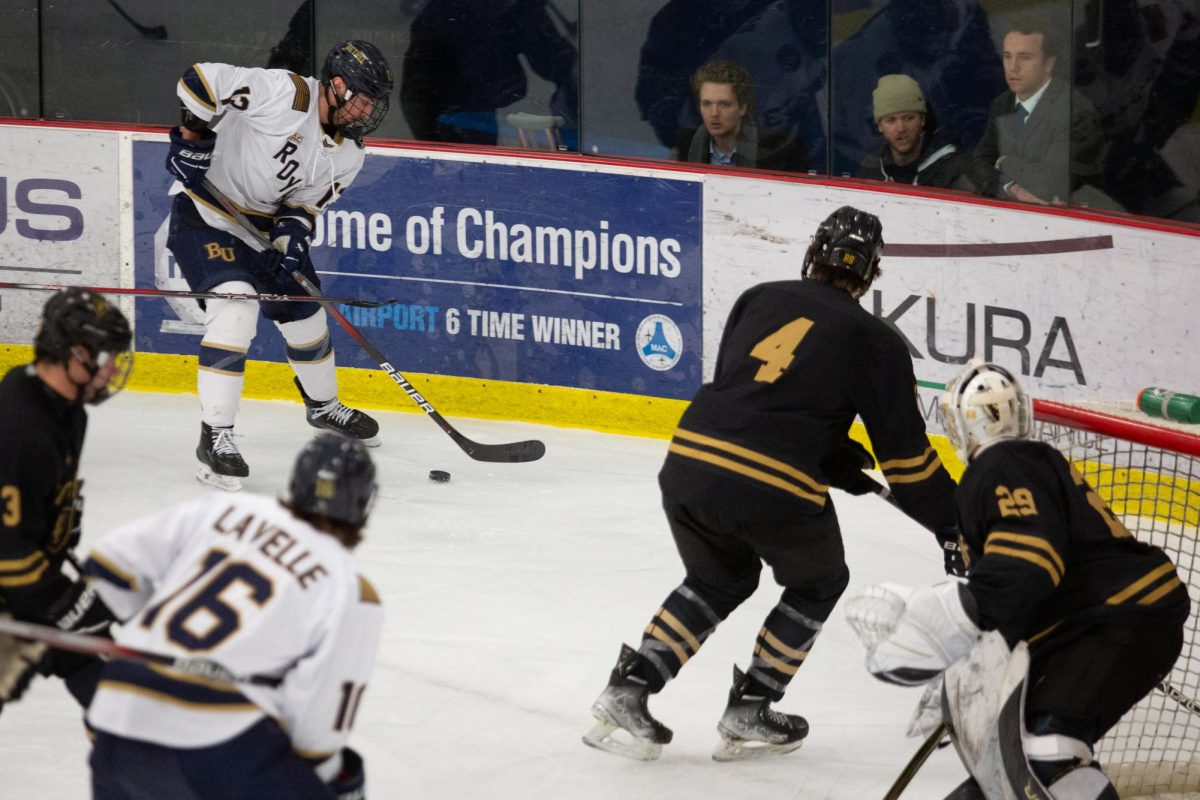






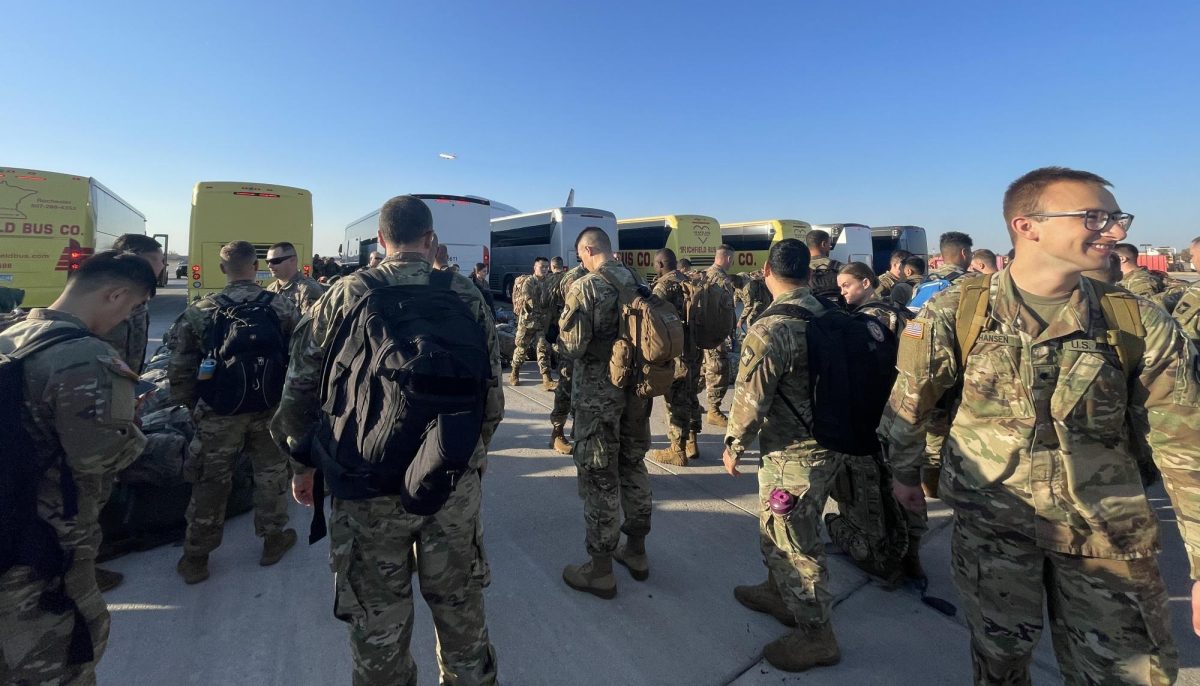


George H Soltero • Apr 4, 2022 at 5:22 pm
We very much appreciated this analysis. Last year, while schools like Calvin and Wheaton required a recent negative test to come back to campus, our son and his roomies were quarantined for two weeks having been exposed on thier very first day back in the dorm. Our heart breaks for these two students who, like our son, is immuno-compromised (sp?) and don’t feel protected or valued in our Covenant community.
George and Crystal Soltero